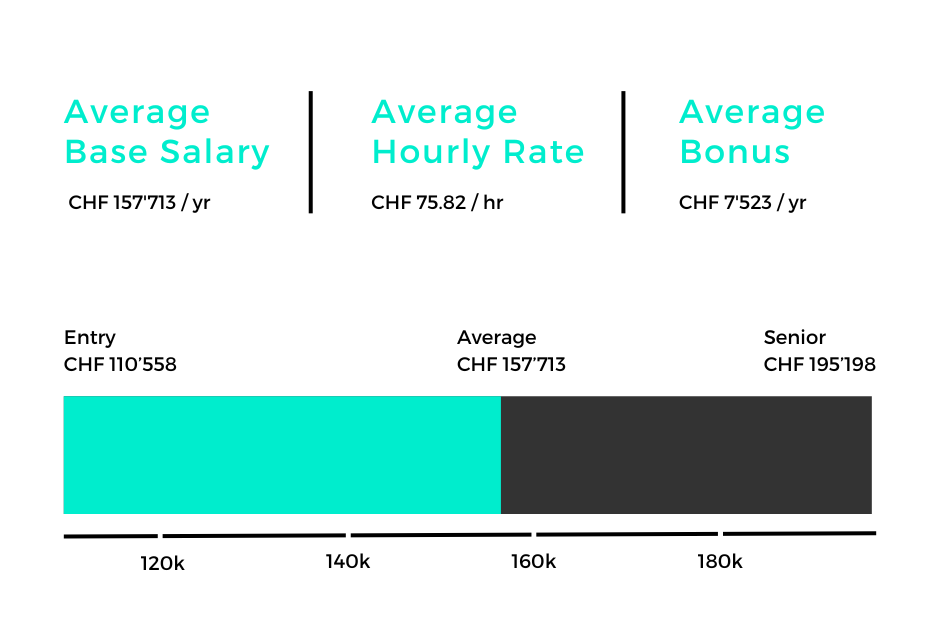Roles in Tech
Data Scientist
Have you ever wondered how companies like Google and Amazon seem to know exactly what you want before you even do? Meet the Data Scientist, the mastermind behind their predictive algorithms and data-driven strategies.

A data scientist is someone who uses their knowledge of statistics, computer science, and data analysis to extract insights and knowledge from data. In essence, they are the ones who make sense of all the data that is collected and help organizations make data-driven decisions. Data scientists play a vital role in almost every industry today, including finance, healthcare, marketing, and technology, and their work has a significant impact on the way we live and work.
Skills and expertise
- Strong knowledge of statistics, mathematics, and data analysis
- Experience with machine learning and data visualization techniques
- Knowledge of statistical techniques
- Ability to work with large datasets
- Excellent communication and presentation skills to effectively communicate findings to non-technical stakeholders
- Familiarity with data visualization tools
- Business acumen to understand how data can impact organizational goals and strategies
Main tasks and responsibilities
- Utilize programming, mathematics, and statistics in their work
- Collect, clean, and analyze large volumes of data
- Extract insights and inform decision-making
- Engage in projects that involve identifying patterns within data
- Create predictive models to forecast future outcomes
- Develop machine learning algorithms
Main tools and software of Data Scientist
- Programming languages such as Python, R, and SQL
- Data analysis and visualization tools like Excel, Tableau, and Power BI
- Statistical analysis software such as SPSS and SAS
- Machine learning libraries like Scikit-Learn, TensorFlow, and PyTorch
- Cloud computing platforms like AWS and Google Cloud
- Big data processing frameworks such as Hadoop and Spark
- Database management systems like MySQL and Oracle
Advantages & Disadvantages

Advantages
- High demand for Data Scientists in various industries
- Competitive salary and benefits
- Opportunities for career advancement and professional growth
- Opportunities to work on innovative projects and use cutting-edge technologies
- Ability to make an impact by providing insights that can drive business decisions
Disadvantages
- High level of education and technical skills required
- Can involve long and irregular hours
- Can be a high-pressure job with tight deadlines and high expectations
- Requires continuous learning and staying up-to-date with new technologies and industry trends

Is this career a good fit for me?
A career as a data scientist may be a good fit for individuals with a strong background in mathematics, statistics, and computer science. Additionally, individuals who possess strong communication skills and the ability to work well in a team environment may excel in this field. If you enjoy solving complex problems and have a passion for turning data into actionable insights, a career as a data scientist may be a great fit for you.
Useful links
- Codecademy – provides interactive online courses in data science and programming languages
- Kaggle – a community-driven platform that hosts machine learning competitions and provides learning resources for data science
- DataCamp – provides hands-on training in data science with interactive courses and projects
- KDnuggets – leading resource for data science news, tutorials, and job listings
Conclusion
A career as a Back-End Engineer can be a rewarding and challenging path for those with a strong technical background and passion for web development. With a positive job outlook and high demand for skilled professionals, this field offers excellent opportunities for growth and advancement.
Other roles
To find the right fit for a career in technology, it’s crucial to explore the wide range of roles available. Discover which roles exist in tech.



